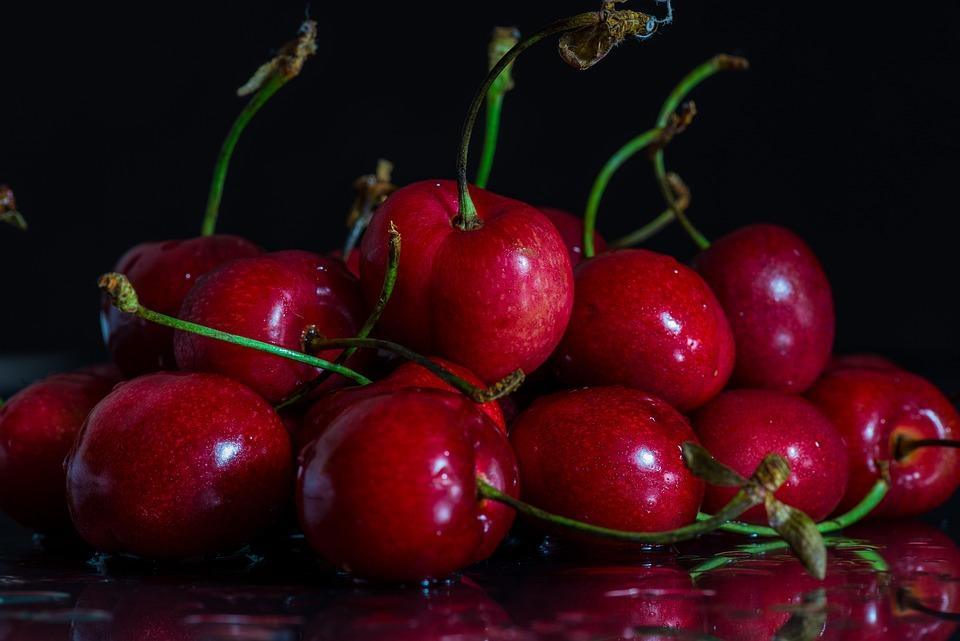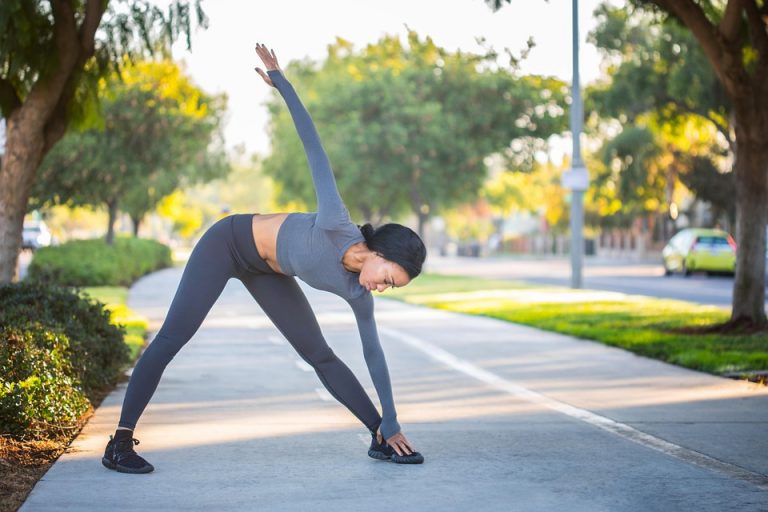Are you eager to boost your collagen naturally? You’re in the right place! Collagen is the protein that keeps your skin youthful, your joints flexible, and your hair and nails strong. As we age, our body produces less of it, leading to fine lines, sagging skin, and achy joints. Luckily, you can nourish your body with delicious foods that promote collagen production. Let’s dig in and discover how you can make your meals work for you!
Contents
- What Is Collagen and Why Does It Matter?
- 1. Bone Broth: The Ultimate Collagen Powerhouse
- 2. Citrus Fruits: The Vitamin C Champions
- 3. Berries: Nature’s Antioxidant Bombs
- 4. Leafy Greens: The Unsung Heroes
- 5. Nuts and Seeds: Your Crunchy Allies
- 6. Fish: The Ocean’s Gift
- 7. Eggs: The Versatile Protein Source
- Bottom Line
What Is Collagen and Why Does It Matter?
Collagen is often called the body’s scaffolding. It’s the most abundant protein in your body, making up about 30% of your total protein. Collagen is crucial for maintaining skin elasticity, joint health, and even gut integrity. When collagen production slows down, it can lead to visible aging and discomfort.
Understanding the role of collagen not only helps you appreciate its importance but also empowers you to make choices that enhance your overall well-being. So, let’s explore seven scrumptious foods that can help boost your collagen levels naturally.
1. Bone Broth: The Ultimate Collagen Powerhouse
If you’re looking for a natural collagen boost, look no further than bone broth. This warm, comforting liquid is made by simmering bones and connective tissues from animals for hours.
Why Bone Broth?
- Rich Source of Collagen: The slow simmering process extracts collagen from the bones.
- Amino Acids Galore: It’s packed with glycine and proline, two amino acids critical for collagen synthesis.
- Gut Health: Bone broth supports gut integrity, which can improve nutrient absorption.
How to Enjoy It:
Sip it straight, use it as a base for soups, or cook your grains in it. You’ll not only enjoy the taste but also the health benefits!
2. Citrus Fruits: The Vitamin C Champions
Citrus fruits are not just refreshing; they’re your skin’s best friends! Oranges, lemons, limes, and grapefruits are loaded with vitamin C, a vital nutrient for collagen synthesis.
Benefits of Citrus:
- Boosts Collagen Production: Vitamin C is crucial for the conversion of proline into collagen.
- Antioxidant Protection: Helps protect skin cells from free radical damage.
- Brightens Your Skin: Regular consumption can lead to a more radiant complexion.
Tasty Ways to Include Citrus:
Add slices to your water for hydration, toss them in salads, or enjoy them as a snack. Your skin will thank you!
3. Berries: Nature’s Antioxidant Bombs
Berries are the tiny powerhouses your body craves. Blueberries, strawberries, and raspberries are not only delicious but also packed with antioxidants and vitamin C.
Why Berries Matter:
- Fight Free Radicals: Antioxidants combat oxidative stress, which can damage collagen.
- Support Skin Health: Their vitamin C content aids in collagen production.
- Low in Sugar: A smart choice for a sweet treat without the guilt.
Creative Ways to Enjoy Berries:
Blend them into smoothies, sprinkle them on yogurt, or enjoy them fresh. Your body will appreciate the burst of flavor!
4. Leafy Greens: The Unsung Heroes
Leafy greens like spinach, kale, and Swiss chard are often overlooked but deserve a spotlight! They’re rich in nutrients that support collagen production.
Benefits of Leafy Greens:
- Packed with Chlorophyll: Helps with collagen synthesis and fights free radicals.
- High in Vitamins: They provide vitamins A, C, and K, all essential for healthy skin.
- Hydrating: Their high water content keeps your skin moisturized.
Easy Ways to Incorporate Greens:
Throw them into smoothies, salads, or stir-fry. You might find yourself craving more greens!
5. Nuts and Seeds: Your Crunchy Allies
Nuts and seeds are not just snacks; they are collagen-boosting powerhouses! Almonds, walnuts, chia seeds, and flaxseeds are loaded with nutrients that support collagen production.
Why Choose Nuts and Seeds?
- Rich in Vitamin E: This vitamin protects skin cells and promotes collagen health.
- Healthy Fats: Omega-3 fatty acids support skin elasticity and hydration.
- Protein Source: They provide amino acids necessary for collagen formation.
Tasty Ideas for Nuts and Seeds:
Sprinkle them on salads, blend them into smoothies, or enjoy them as snacks. They add crunch and health benefits!
6. Fish: The Ocean’s Gift
Fish, particularly fatty fish like salmon and mackerel, are excellent for collagen production. They are rich in omega-3 fatty acids and high-quality protein.
Benefits of Eating Fish:
- Omega-3 Fatty Acids: They help reduce inflammation, supporting skin health.
- High-Quality Protein: Essential for collagen synthesis and skin repair.
- Zinc and Copper: These minerals play a crucial role in collagen formation.
Delicious Ways to Enjoy Fish:
Grill, bake, or sauté your favorite fish. Pair it with veggies for a nutritious meal that supports your collagen levels.
7. Eggs: The Versatile Protein Source
Let’s not overlook eggs! They are a fantastic source of protein and contain several amino acids needed for collagen production.
Why Eggs Are Essential:
- Protein-Packed: They provide high-quality protein for collagen synthesis.
- Rich in Biotin: A vitamin that supports skin health and collagen production.
- Versatile: Can be incorporated into countless recipes!
Creative Egg Dishes:
Scramble, boil, or poach them. You can even whip up a delicious frittata with some of your favorite veggies!
Bottom Line
Incorporating these seven delicious foods into your diet can significantly boost your collagen levels naturally. From warming bone broth to refreshing citrus fruits, there’s something for everyone. Remember, nourishing your body with these foods not only enhances your collagen but also promotes overall health and vitality.
So, what are you waiting for? Start experimenting with these foods today and watch your skin, joints, and hair flourish!
Frequently Asked Questions
1. How long does it take to see results from these foods?
Results can vary, but many people notice improvements in skin texture and joint comfort within a few weeks of consistent consumption.
2. Can I take collagen supplements instead?
While supplements can help, whole foods provide additional nutrients that support overall health. A balanced diet is key!
3. Are there any foods I should avoid for collagen health?
Processed sugars and excessive alcohol can hinder collagen production. Focus on whole, nutrient-rich foods instead.
Your journey to healthier skin and joints starts now. Dive into these foods, and let your body thrive!
Get Your FREE Natural Health Guide!
Subscribe now and receive our exclusive ebook packed with natural health tips, practical wellness advice, and easy lifestyle changes, delivered straight to your inbox.




